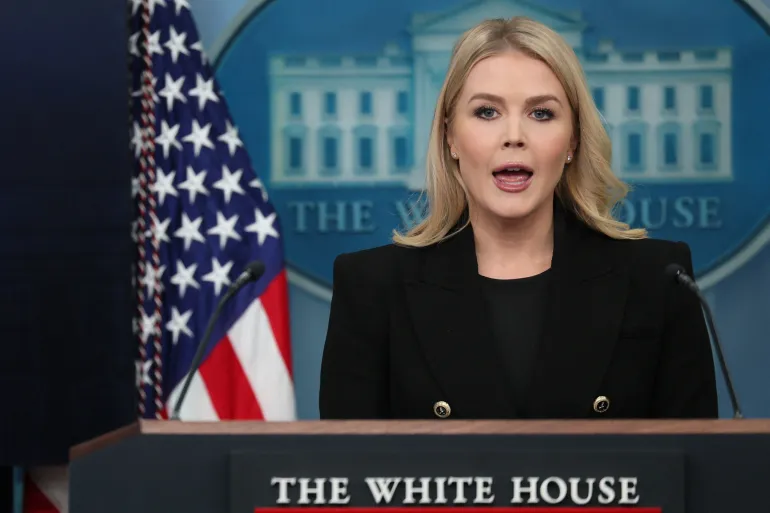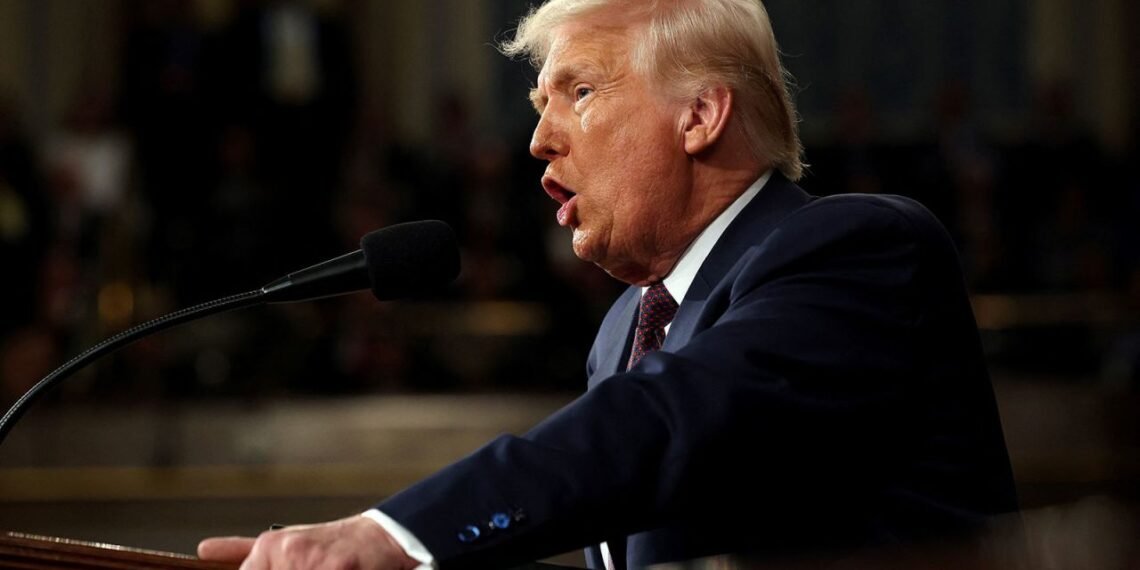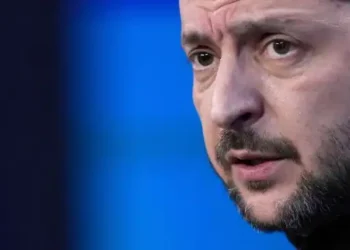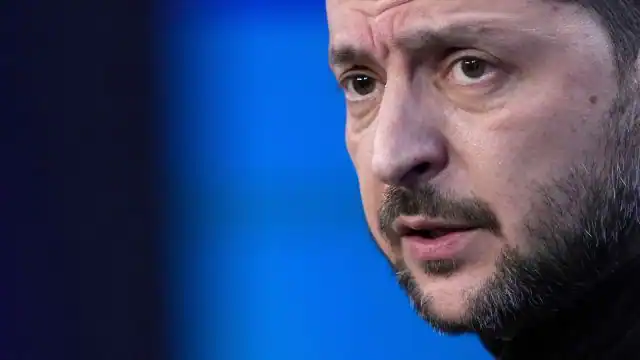Amid growing speculation of US involvement and fears of wider escalation, House has said that President Donald Trump will make a decision on whether the US will join in the Israel-Iran conflict in the next two weeks.
White House Press Secretary, Karoline Leavitt told reporters that Trump said he will make his decision in the next two weeks “based on the fact that there’s a substantial chance of negotiations that may or may not take place with Iran in the near future.”
“The President is always interested in a diplomatic solution … he is a peacemaker in chief. He is the peace through strength President.
“And so if there’s a chance for diplomacy, the President’s always going to grab it. But he’s not afraid to use strength as well.”
Karoline Leavitt

However, the lack of trust between Tehran and Washington will make it difficult for the Iranians to fully believe Trump is open to diplomacy.
Mark Pfeifle, a former US National Security Adviser, noted that Washington’s position on whether to get involved in the Israel-Iran conflict comes amid disagreements between Trump’s Republican base.
On one hand, isolationists who have embraced Trump’s “America First” foreign policy doctrine are against US involvement, while on the other, anti-Iran hawks are pushing for US attacks against the country.
Over the past few days, Trump has hinted at joining Israel’s strikes on Iran’s nuclear sites, but at the same time has proposed a swift diplomatic solution in a confusing message from Washington.
Recent changes in Trump’s stance on the Israel-Iran conflict have some observers thinking that Trump may not have a clear strategy or endgame.
Rather, they argue that the US President is being dragged to war by Israeli Prime Minister Benjamin Netanyahu, who has been seeking American attacks on Iran for decades.
Iranian American Analyst, Negar Mortazavi opined that Trump is being “outmanoeuvred” by Netanyahu.
“I don’t even know if President Trump knows what he wants.
“He campaigned as the President of peace … he promised he’s going to end conflicts. Russia-Ukraine hasn’t ended. Gaza has escalated, and he just let the third big Middle East war – which looks like a regime-change war – start under his watch. So, he says one thing. He does another.”
Negar Mortazavi
Also, Shahram Akbarzadeh, Director of the Middle East Studies Forum at Deakin University in Australia, asserted that Trump has been allowing Israel to dictate US policy towards Iran and the wider region.
“Trump came to office with the promise of extracting the United States from wars in the Middle East, but effectively he has left the decision-making in the Middle East, the policy towards the Middle East, to Israel.
“Trump is simply following Israel’s agenda in relation to Palestine, in relation to Iran – [and] this has put the United States basically hostage to Israeli decision-making.”
Shahram Akbarzadeh
Trump Administration Urged To Exercise Patience

The International Crisis Group (ICG) think tank suggested that the Trump administration “will need to show patience, allow negotiations to proceed and invite an offer from Tehran” if it truly wants to reach a deal in the next two weeks.
The ICG said that, for its part, Iran should proffer a concession capable of persuading President Trump to force an end to the war.
“As for what that should entail, though few in Tehran will want to hear it, the best course of action – perhaps the only one on offer now that can stave off US military involvement – is to concede that Iran will no longer enrich uranium on its sovereign soil.”
International Crisis Group (ICG)
Washington’s push for zero uranium enrichment has been a “non-starter” for Tehran.
As an alternative, the think tank suggested that Iran could accept the principle of entering a multinational nuclear consortium with regional states, as discussed in theory during its negotiations with the Trump administration.
It added that the US could be a stakeholder in such an initiative, with international monitoring complementing mutual inspections by regional parties.
“If Iran decides not to offer a deal of this nature, that does not mean the US should jump into what could be a disastrous conflict.
“But under the circumstances, Tehran should not bank on cooler heads prevailing in Washington.”
International Crisis Group (ICG)



















